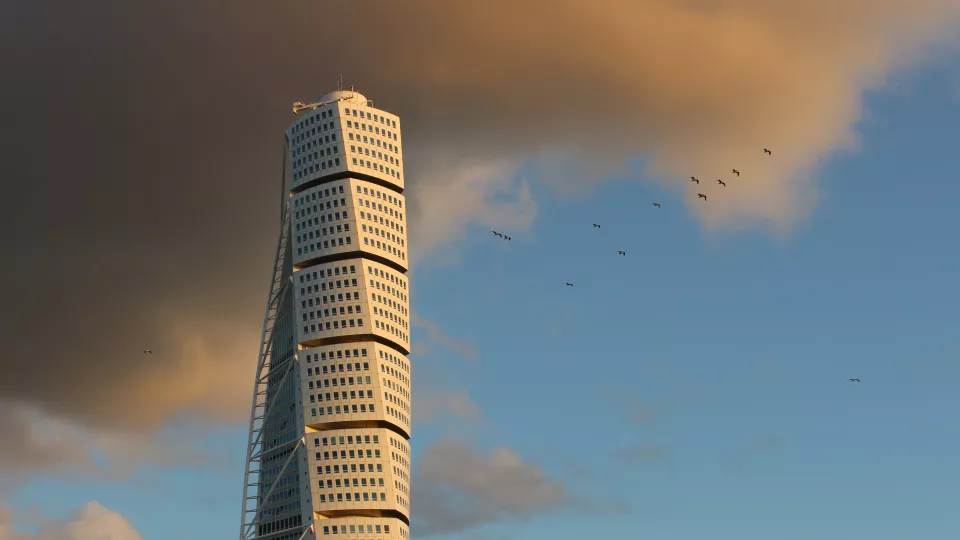In recent decades, Malmö has undergone fundamental transformation from an industrial city into one of the post-industrial, service economy oriented “frontrunners in the neoliberalization of urban Sweden” (Baeten, 2012: 22).
Such processes have partly led to segregation and discrimination, with detrimental effects of social and economic deprivation for subaltern groups such as migrants with limited access to resourses.
Laleh Foroughanfar presented this paper in the workshop: Dislocating Urban Studies
Photo by Jesper Ericsson on Unsplash



